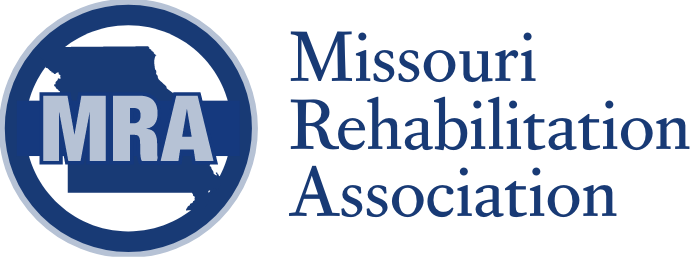Crystal Weaver, MHA, LPC, CRC, MT-BC
Maryville University
Director of Music Therapy
cweaver@maryville.edu
www.maryville.edu
Crystal Weaver is a Board-Certified Music Therapist, a Certified Rehabilitation Counselor, and a Licensed
Professional Counselor in the State of Missouri. She graduated cum laude with a Bachelor’s in Music Therapy in 2004 and a Master’s in Rehabilitation Counseling in 2010 from Maryville University in Saint Louis, Missouri. In 2019, Ms. Weaver obtained an additional graduate degree, a Master’s in Health Administration, from Saint Louis University. In May 2025, Crystal Weaver will be completing a doctorate in Educational Leadership with an Emphasis in Higher Education Administration at Lindenwood University in Saint Charles, Missouri.
In 2004, Crystal Weaver completed a National Roster Music Therapy Internship at Hospice of Palm Beach County in West Palm Beach, Florida. Later that same year, she accepted a full-time music therapy position at BJC Hospice in Saint Louis, Missouri. In 2011, Crystal Weaver took a music therapy position at the Saint Louis University Cancer Center (SLUCare Physician Group). In 2019, Crystal Weaver was promoted to Manager of Patient Support Services at the Saint Louis University Cancer Center. In this position, Ms. Weaver managed the accreditation processes through the Commission on Cancer (American College of Surgeons) and supervised music therapy, social work, rehabilitation counseling, and nutritional services staff.
Crystal Weaver has co-authored over 35 research study abstracts that have been presented at regional, national, and international conferences (including the American Music Therapy Association National Conference, the Sigma Theta Tau International Nursing Research Congress, the National Comprehensive Cancer Network Annual Conference, and the International Federation of Head and Neck Cancer Oncologic Societies World Congress). Ms. Weaver has over ten publications in peer-reviewed journals (including the Journal of Sickle Cell Disease and Hemoglobinopathies, the Journal of Nuclear Medicine, and Biology of Blood and Marrow Transplantation).
Crystal Weaver continues to identify as a Rehabilitation Counselor. Between 2011 and 2022, Ms. Weaver was an adjunct faculty member for the Maryville University Rehabilitation Counseling Program. In this program, Crystal Weaver taught courses such as 1) Psychiatric Rehabilitation, 2) Assessment and Evaluation, and 3) Issues in Counseling.
In 2022, Ms. Weaver assumed the role of Director of Music Therapy at Maryville University. In this position, Crystal Weaver’s focus is to continue to develop a cutting-edge Music Therapy Program that provides evidence-based educational opportunities for students to achieve ongoing success and advancement in the evolving music therapy and healthcare landscapes. Crystal Weaver is committed to providing high-quality experiences for students, so they develop into influential professionals and leaders within the healthcare community.
About
This presentation will focus on utilizing the design thinking process as a catalyst for organizational change tailored to the unique needs of rehabilitation counselors. Aligned with the conference theme, "Empowered Beginnings, Innovative Futures," this presentation will explore how design thinking—a human-centered, iterative approach to problem-solving—can empower rehabilitation professionals to reimagine their practices, address challenges creatively, and develop innovative solutions that enhance client outcomes. Attendees will gain actionable insights and strategies to foster collaboration, inspire change, and shape a future of impactful, client-focused services in the rehabilitation field. Attendees will be actively engaged through an interactive, collaborative brainstorming session, allowing attendees to apply the design thinking process in real time and share their insights and experiences with fellow participants.
Learning Objectives:
By the end of this presentation, attendees will be able to:
1. Define the principles of the design thinking process (empathy, define, ideate, prototype, test) and explain the relevance to organizational change within rehabilitation counseling.
2. Identify common challenges in rehabilitation settings and apply design thinking strategies to develop innovative, client-centered solutions.
3. Utilize collaborative techniques, such as empathy mapping and prototyping, to foster team engagement and drive actionable change.
4. Develop a personalized
